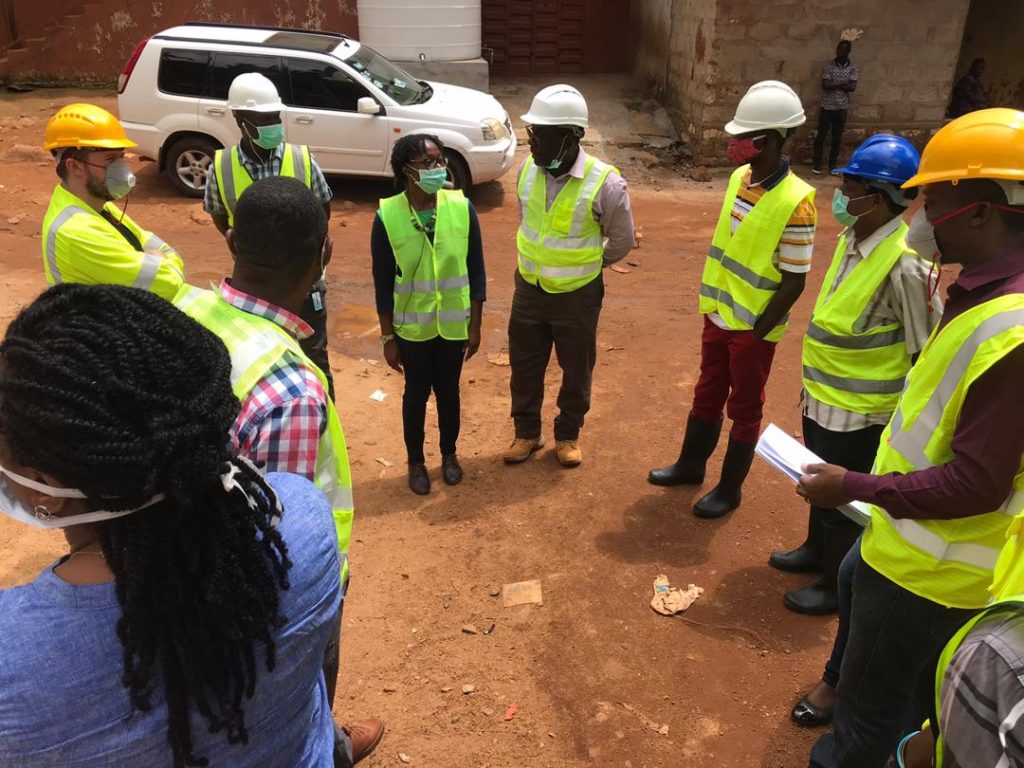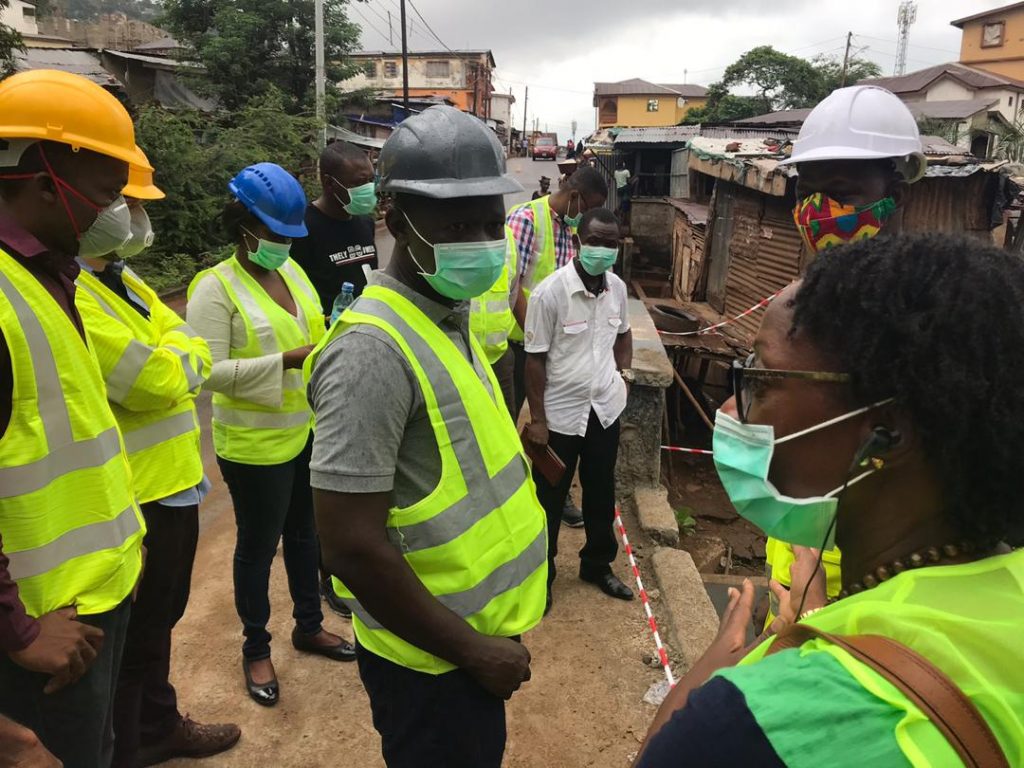Climate Change and Mitigation Strategies
In supporting cities in becoming more sustainable we also seek to improve their capacity to better cope with some of the impacts of climate change by developing projects to mitigate the effects of climate change and reduce carbon emissions. These strategies include:
- promoting and implementing renewable energy sources such as solar, wind and small hydropower;
- helping cities create more sustainable infrastructure, such as rapid transit buses, electric bus fleets and cable cars;
- developing and delivering strategies for reforestation and protecting watersheds;
- reducing the impact of flooding on communities through the implementation of flood mitigation measures;
- waste recycling and strategies for minimising the volume of waste taken to landfill sites.
Improving climate resilience means determining how climate change can produce new climate-related threats, or alter existing ones, and taking steps to better manage these threats.
What we can do?
As a lot of cities are experiencing the effects of climate change with temperature rise, droughts, storms, sea level rise and other threats. Adapting to these change events in order achieve improvements in social and economic outcomes requires a novel approach to involvement of stakeholder groups in the planning and delivering of projects that meet their direct requirements.
HP3M is building extensive experience of working with stakeholder and community groups in capturing their requirements and co-creating solutions that address their most pressing needs.
HP3M can also help with organisational development and community engagement through capacity building to better manage change and to adapt and realise effective and efficient improvements and responses to change events.
Case Study
At Freetown City Council (FCC), HP3M is working with governmental agencies, donor partners and NGOs to deliver climate change mitigation projects at areas prone to flooding and landslides. In doing this, safeguards instruments are used to ensure communities are no worse off and redress mechanism are made clear before, during and after project implementation.
Hasting P3M consultants have provided project management services on the World Bank Freetown Emergency and Recovery project to increase climate resilience by managing a key component of the Freetown Emergency Recovery Programme which includes rehabilitation of storm water drains at several locations across the city. In the area of climate change resilience, the HP3M Consultant has been working collaboratively with other MDAs, and NGO with flood mitigation plans to prepare for the rainy season which has led to a reduction of incidences in communities in high risk areas and they are now better prepared to managing flooding.
HP3M continues to work closely with various communities and member of the local community disaster management community to ensure the sustainability of the project. Understanding the needs of the communities and engaging with stakeholders.
We have collaborated with ministries, departments and agencies such as the Office of National Security (ONS) to identify and prepare communities at risk of flooding and developed systems to mitigate disasters. Thirteen (13) communities in flood-prone areas are now better prepared through the early warning systems that we have helped to establish. The flood mitigation plans employed during the rainy season by the Council has led to a reduction of incidences as at-risk communities were better prepared to manage flooding in their environs.



